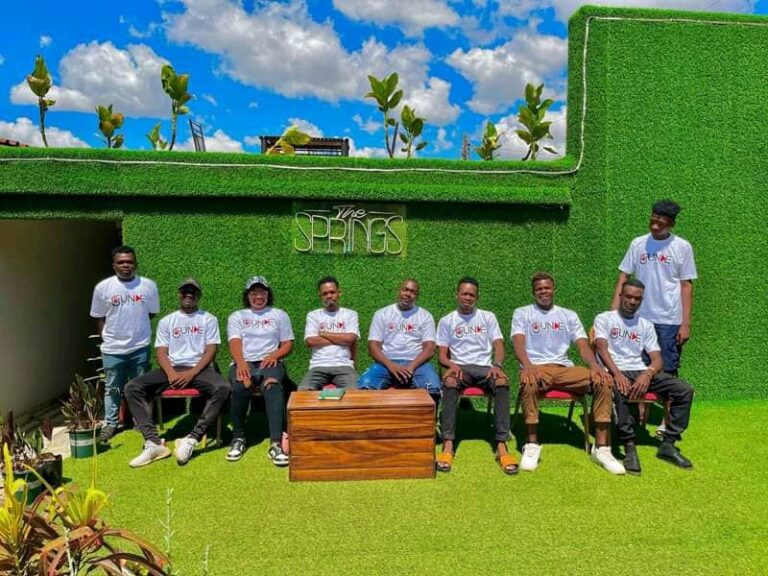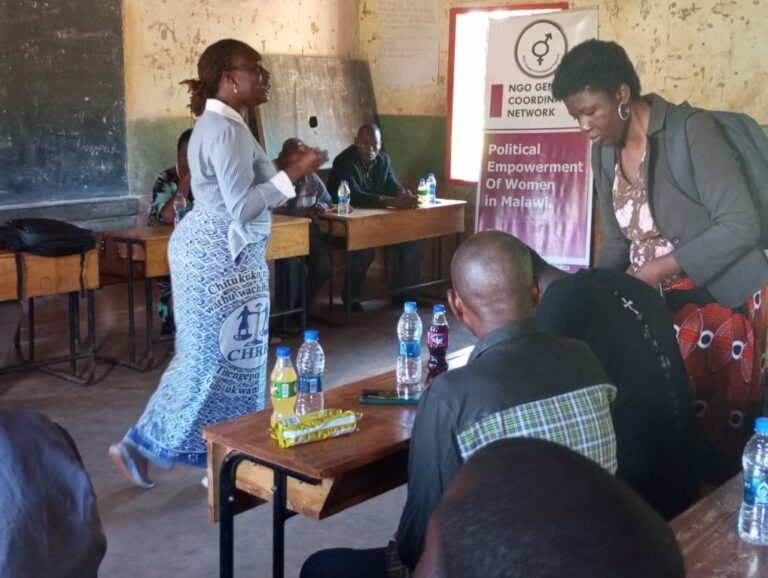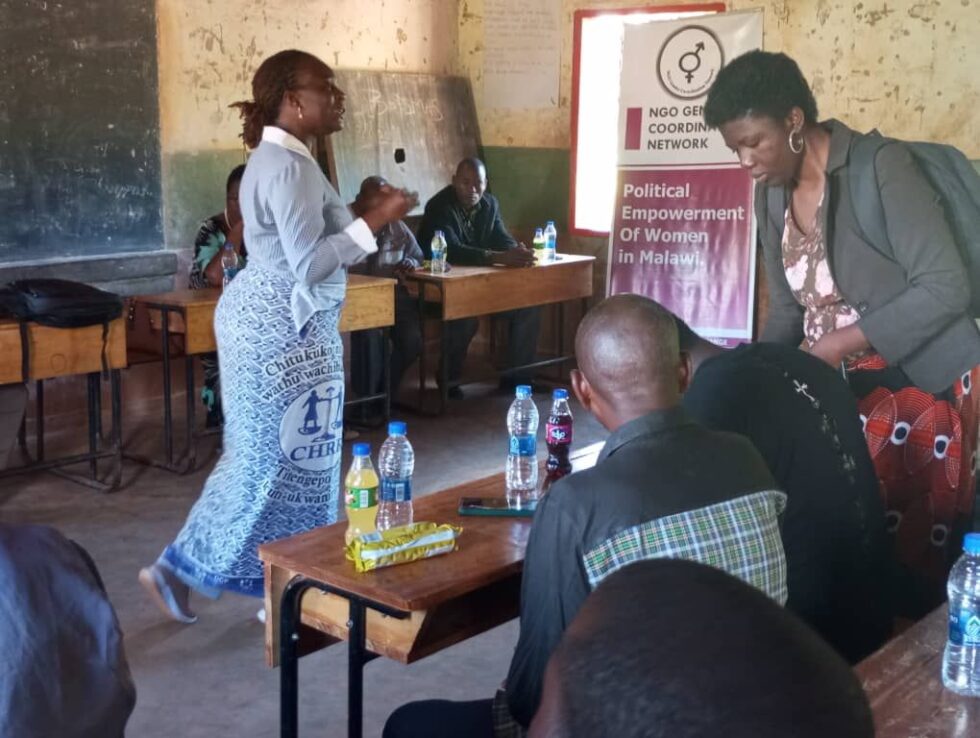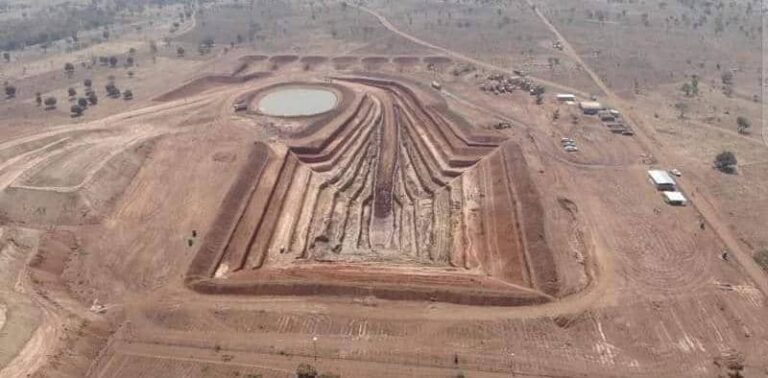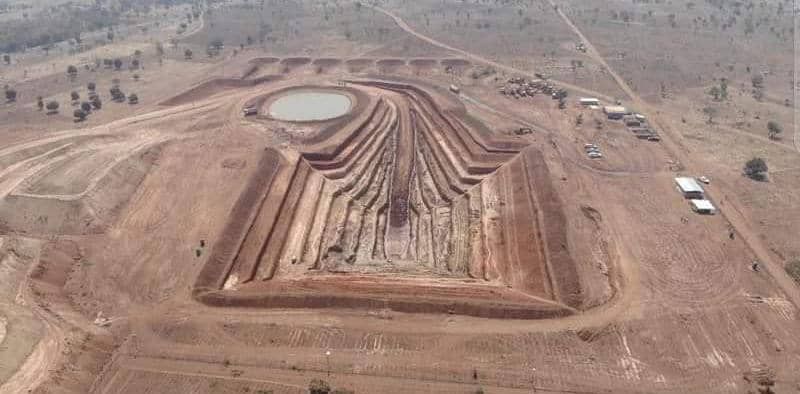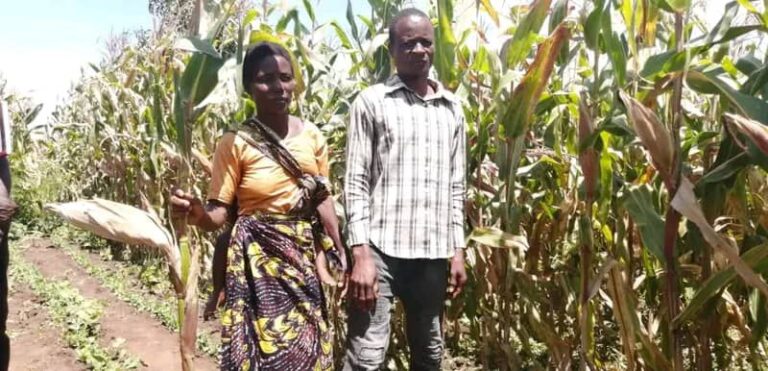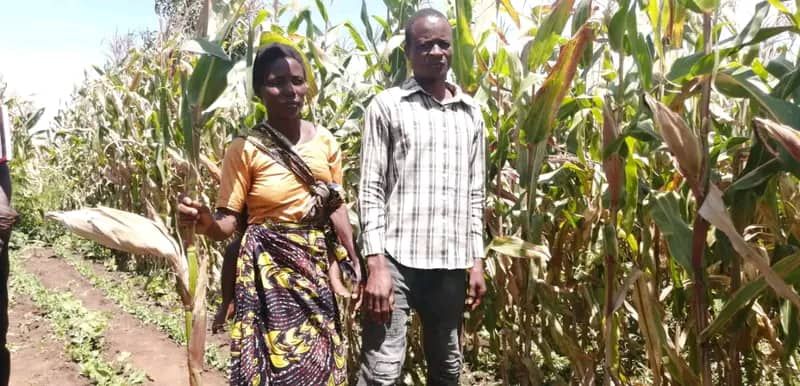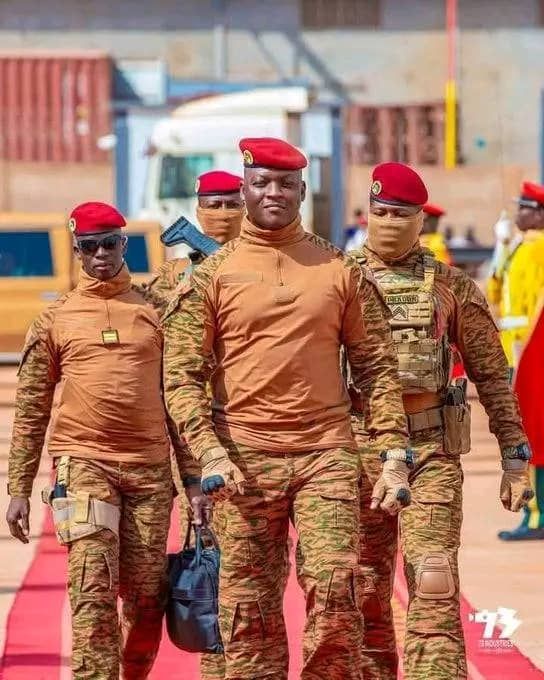By Burnett Munthali
A group of some of Malawi’s most renowned musicians is expected to entertain the public in the capital city, Lilongwe, on 3 May 2025 at a special event aimed at reminding Malawians about the importance of respecting democratic principles as the country prepares for the upcoming elections.
This highly anticipated event comes at a crucial time, as the nation gears up for the general elections scheduled for 16 September 2025.
The objective of the festival is not just to provide entertainment, but to raise awareness about democracy and encourage civic responsibility among citizens.

According to Jack Gunde, the head of Gunde Media, the company organizing the event, the musical lineup is star-studded and promises a memorable experience for all who attend.
Among the artists scheduled to perform are the legendary Black Missionaries, the soulful Lulu, hip-hop heavyweight Tay Grin, lyrical maestro Phyzix, veteran musician Moses Makawa, dancehall star Chizmo Sting, and the energetic Veda Njuchi.
Gunde emphasized that these artists were carefully selected not just for their popularity, but also for their influence and ability to draw large, diverse crowds from different political and social backgrounds.
The event will take place at Springs Club in Area 47, a venue known for hosting high-profile social and cultural gatherings in Lilongwe.
Gunde further explained that beyond the music, the event is designed to promote unity, especially at a time when political leaders are in the thick of campaigning and trying to win voters’ support.
He added that music has historically been a powerful tool in bridging divides and reminding people of shared values, particularly during tense political seasons.
In a period where partisanship often overshadows national interests, such platforms become important avenues for reflection and education through creative expression.
The festival is also expected to provide a peaceful and constructive space for young people to engage in dialogue about their role in shaping Malawi’s future.
Organizers hope that by combining entertainment with democratic messaging, attendees will leave the event not just inspired, but also informed and ready to participate meaningfully in the electoral process.
This unique initiative reflects the growing trend in Malawi of using the arts—especially music—as a vehicle for civic education and national development.
As the date approaches, anticipation continues to build among fans and political observers alike, with many seeing the festival as a welcome reminder that democracy is not just about casting a vote, but about upholding principles of unity, dialogue, and mutual respect.
With just months to go before Malawians head to the polls, events like these serve as a crucial reminder of the power of music to shape minds, influence perspectives, and bring people together for a common cause.


